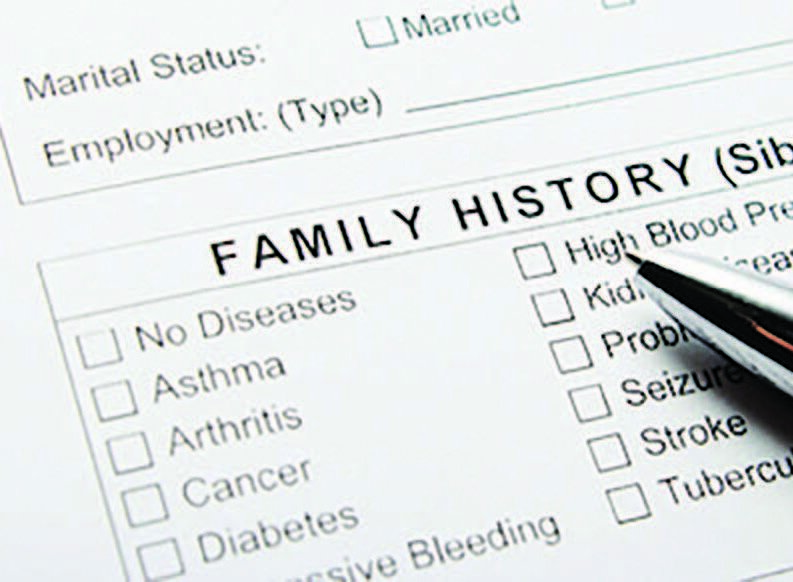 The lengthy forms a patient is required to fill out during her/his first visit to a healthcare provider are important. This information helps the healthcare provider know as much as possible about the health history of the patient.
The lengthy forms a patient is required to fill out during her/his first visit to a healthcare provider are important. This information helps the healthcare provider know as much as possible about the health history of the patient.When a new patient comes in to establish with a primary care provider, the first visit will be long and may not include the provider examining the patient at all. It is a visit when much information is gathered from that new patient. That information is the basis of formulating a plan that you, the patient, and your primary care provider will create focusing on how to best meet your healthcare needs.
You and your primary care provider will take the time to get to know each other and then come to a consensus about the direction in which your health care should proceed.
Prevention of health problems is the name of the game. So, immunizations and making sure all maintenance exams such as mammograms, pap smears, prostate evaluations, eye exams, dental exams, colonoscopy and bone density examinations are all performed in a timely and consistent manner.
Of course, your initial complaints will be dealt with but what is more important is the information about you. What health events have you dealt with during your life? How have these health events or even crisis affected you long term? How does that sequela need to be handled? Your past medical history is important for you to relate in detail to your healthcare provider.
What allergies do you have to different medications or to foods or to substances such as tape or latex? Do you react to insect stings? Does your skin react to certain substances? Your primary care provider needs to know this.
One of the most important facts that you will talk about with your healthcare provider is your family history. Genes do come home to roost. You all know of families where the majority of the family members have a particular ailment. An example would be diabetes or hypertension or certain forms of cancer. If your primary care provider is aware of this, steps can be taken to possibility circumvent or blunt the effects of those genes.
Your lifestyle can have an effect on the genetic expression of diseases. If there is a history of diabetes in a family, your primary care provider will keep an eye on your lab results. She/ he will strongly encourage you to mind your weight, avoid foods and drinks that elevate your blood sugar and make you gain weight. They will encourage you to stay as active as you can with exercise and lifestyle movements and encourage proper sleep and relaxation.
One of the saddest events is when there is a family history of disease and the family members are very secretive. They never talk about their ailments and deprive their children and grandchildren of this valuable information. The offspring have no idea they should be concerned about their blood pressure, sugar consumption, or cancer risks because these facts were never talked about or shared with the family. These types of secrets can kill.
Another tragedy is when a parent has not been an active participant in a child’s life. That young person has no idea of what lies in their legacy. They are treading in the dark on one side of the family. Relationships may fray, but I encourage both sides of the family to provide that young person with at least a capsule of information on who they are and the genes they may have inherited. Even in cases of adoption, we are seeing more family histories being provided to adoptive parents because it is so important for youngsters to be aware of their genes.
It is important to be honest and succinct about your health history with your primary care providers. They can only work with the information you provide. Know your health history. Talk about it with your family. We are family and with proper knowledge we can remain family for a longer period of time.
Dr. Veita Bland is a board-certified Greensboro physician and hypertension specialist. Dr. Bland’s radio show, “It’s a Matter of Your Health,” can be heard live on Wednesdays, 5:30 p.m. on N.C. A&T State University’s WNAA, 90.1 FM. Listeners may call in and ask questions. The show is replayed on Sirius 142 at 5 p.m. on Wed. Email Dr. Bland at ideas@blandclinicpa.com.